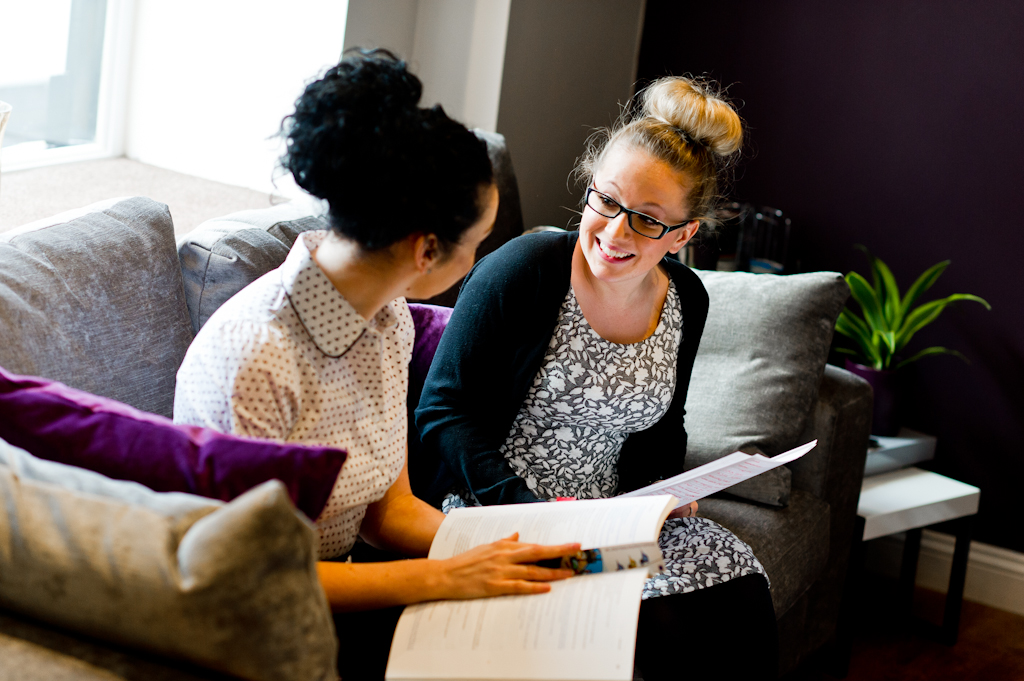Although revising for your exams can be one of the most stressful times of the year, there are several things you can do to help you relax and prepare. By taking a bit of time to do these things, you are giving yourself the possible chance of getting the grades you feel you deserve. Tips range from understanding how the testing process works, through structuring your revision time properly to following good revision techniques.
Test papers
One thing that really helps is to recreate the exam experience as closely as possible before the big day. Take a look at past papers to see the sort of questions that have been asked in previous years. Then take a practice exam under testing conditions, with the appropriate time limit and have somebody else provide you with feedback afterwards.
When and where should you revise? While revising, it's good to focus on the material for about 25 minutes at a time before taking at least a five minute break. This allows your concentration to remain at a high level for longer periods of time. If you have set aside a whole day for revision, make sure you also include longer 30 to 60 minute breaks.
Most people (yes, even teenagers!) tend to be more alert in the morning, so it is important to include mornings in your revision schedule whenever possible.
It also helps to be somewhere you can focus without interruption. You know what works best for you; it might be your bedroom or a library, but it could be Starbucks. Unplugging your laptop (unless you're using it for your revision of course!) and turning off your phone is vital.
Take a break
Want to get your brain working at its absolute optimum? Physical exercise helps your brain work at higher levels, as it provides it with more oxygen. Exercise is also great for relaxing and reducing stress. Taking a break in the middle of a day-long revision period to go on a run or walk will help you to re-energize for your afternoon session.
There are several things you can do whilst revising to help the information stick.
Many students use revision cards. Some use colours to differentiate the questions and answers by category. Using questions and answers instead of simple notes helps you to remember the material, as you are thinking about it actively, rather than just passively reading and hoping that the information will go in.
Although revising for exams can be stressful, we think taking advantage of these suggestions will ease the tension a little bit and help you to perform at your very best when exam day arrives.
For more advice from INICIO on revision techniques, to book a session, or to take a tour of our learning centre, speak to one of our dedicated tutors on 01858 46 26 48. We have specialists in English, Maths, Science and many other subjects, providing exclusive private tuition for students in Leicestershire from our Market Harborough tuition centre.















